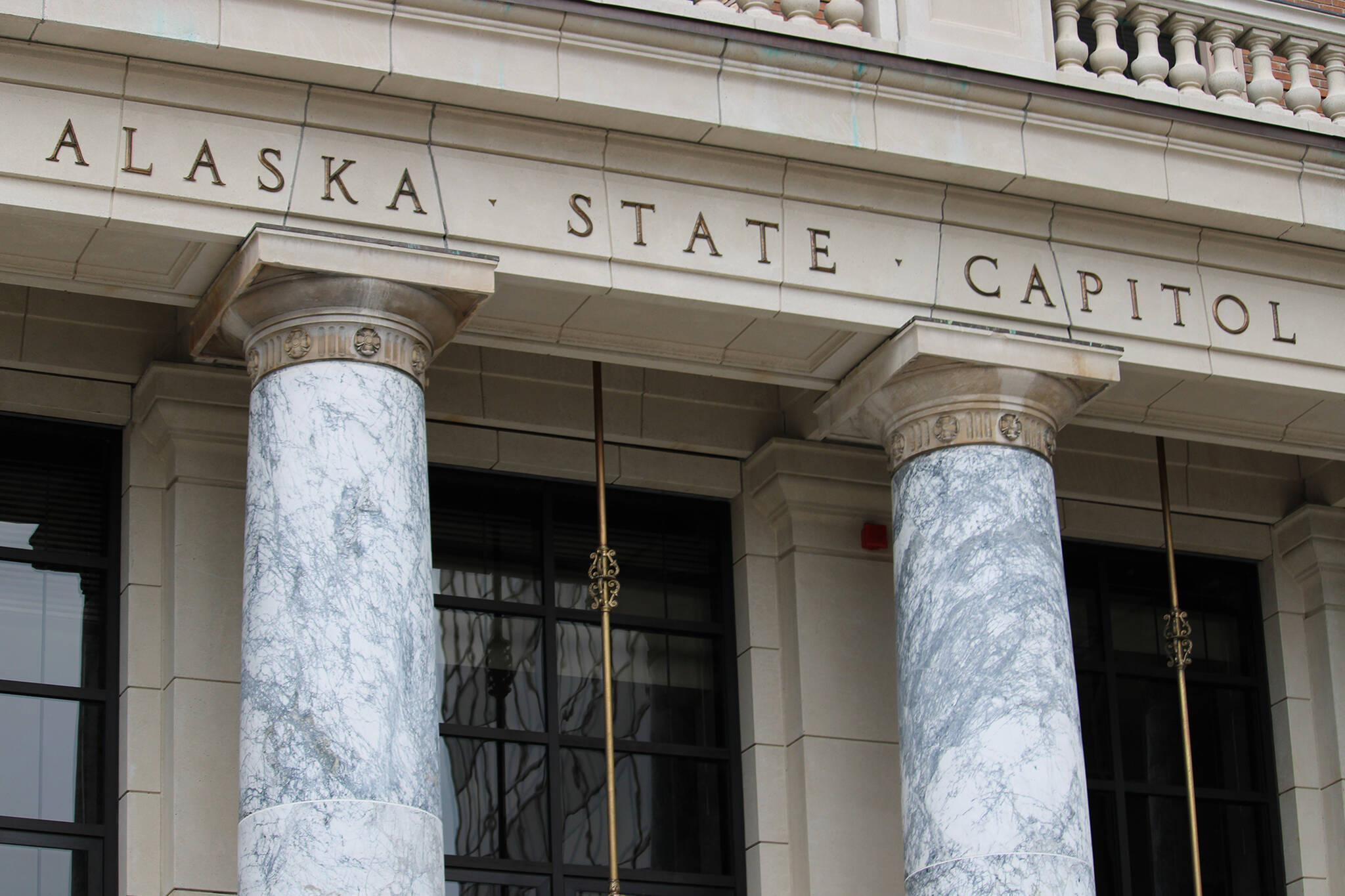By Paul Fuhs
The Alaska Legislature is poised to pass Senate Joint Resolution 16, calling on President Biden to seek an end to the Russian embargo on seafood products from Alaska.
It is certainly understandable to stand up against a policy that has created substantial harm to Alaska’s seafood industry. By some accounts up to $61 million per year.
In the House Fisheries Committee, Rep. Sarah Vance offered an amendment calling for negotiations, and if they are unsuccessful, the imposition of counter sanctions on Russian seafood imports.
The call for negotiations, essentially diplomacy, is the correct direction for us to head and they should also be expanded to encompass a previous set of sanctions that severely hurt Alaskan workers and companies.
On March 6, 2014, President Barack Obama issued an executive order banning the provision of services to Russian oil field development. This was a massive blow to Alaskan oilfield service companies and workers who were providing support for the Sakhalin Island and other projects in Russia. These services, importantly, included best technologies and practices to support environmental protection and safety to these projects.
In response, Russia imposed counter sanctions on imports of agricultural products from the United States, including seafood products from Alaska, compounding the harm done to Alaska by the original sanction.
So, who did Russia turn to in response to Obama’s executive order? China. Is that what we wanted? But perhaps it is good that they have continued their production of oil since due to cancellations of pipelines and leases, the U.S. is now importing 840,000 barrels of oil a day from Russia, about twice the amount of our Trans Alaska Pipeline. Without these Russian imports, inflation that is harming all Americans would be even worse.
You have to wonder who is paying attention to the overall and long term effects of these sanctions. And shouldn’t we be able to produce these resources in our own country, America?
In addition, these sanctions have not resulted in any apparent change in policy of either country. The only result has been economic harm to both Alaskan and Russian common people and our businesses.
Three years ago I gave a speech at a meeting of the Russian American Pacific Partnership in Khabarovsk, Russia about the losses to Alaskan fishermen from the embargo, specifically the loss of $13 million per year in the sale of salmon egg caviar (Ikra in Russian).
Afterward, I was approached by a leader of the local Indigenous group Amur Nivkhs. She reported that due to the embargo and shortage of salmon caviar, poachers had targeted the upriver run of chum salmon in the Amur River, leaving them no fish for their subsistence needs.
Another heavy impact on completely innocent people.
Sanctions are a blunt instrument, spreading indiscriminate harm to the people of both nations, with the exception, of course, of the leaders who impose them. And frankly, they are an admission of the failure of diplomacy.
Representative Vance’s call for diplomatic negotiations is admirable, and if they occur, it would be reasonable to also address the issue of oilfield services which brought about this fish embargo in the first place.
• Paul Fuhs is the former Mayor of Dutch Harbor and former commissioner of Commerce and Economic Development for Gov. Wally Hickel. Columns, My Turns and Letters to the Editor represent the view of the author, not the view of the Juneau Empire. Have something to say? Here’s how to submit a My Turn or letter.

